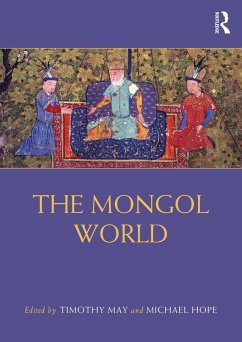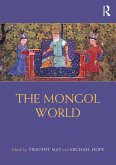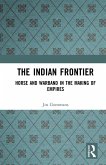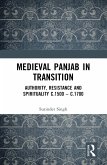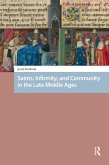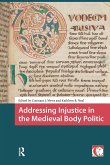Contributing authors consider how intercontinental environmental, economic, and intellectual trends affected the Empire as a whole and, where appropriate, situate regional political, social, and religious shifts within the context of the broader Mongol Empire. Issues pertaining to the Mongols and their role within the societies that they conquered therefore take precedence over the historical narrative of the societies that they conquered. Alongside the formation, conquests, administration, and political structure of the Mongol Empire, the second section examines archaeology and art history, family and royal households, science and exploration, and religion, which provides greater insight into the social history of the Empire -- an aspect often neglected by traditional dynastic and political histories.
With 58 chapters written by both senior and early-career scholars, the volume is an essential resource for all students and scholars who study the Mongol Empire from its origins to its disintegration and legacy.
Dieser Download kann aus rechtlichen Gründen nur mit Rechnungsadresse in A, B, BG, CY, CZ, D, DK, EW, E, FIN, F, GR, HR, H, IRL, I, LT, L, LR, M, NL, PL, P, R, S, SLO, SK ausgeliefert werden.

